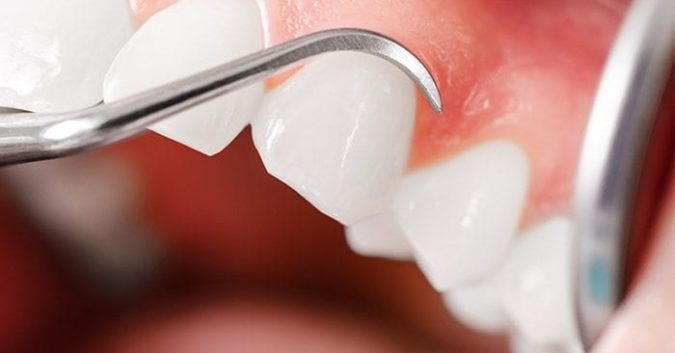Since cigarette smoking causes roughly 1 out of 5 deaths in the United States each year, it’s no wonder that e-cigarette use continues to grow. Usage rates have particularly skyrocketed among the younger generation – so much so that teens are now more likely to use e-cigarettes than regular ones.
Up until now, e-cigarette popularity has been based on the idea that they are the safer, healthier alternative to tobacco or a way to help quit smoking. Scientists believed that the detrimental effects of smoking were mostly caused by the toxins and carcinogens in tobacco smoke. However, the differences between e-cigarettes and tobacco are no longer this clear-cut.
In the first study of its kind, University of Rochester Medical Center researchers found that e-cigarettes actually have similar consequences to regular cigarettes in terms of oral health.
Choose Your Flavor Wisely… Or None at All
While researchers have recently started investigating the damaging effects of e-cigarette use on lung health, the immune system, and pollution, this most recent study is the only one to look at dental effects.
Irfan Rahman, Ph.D., professor of Environmental Medicine at the UR School of Medicine and Dentistry, and other contributors, found that vaping with e-cigarettes can cause serious damage to gums and teeth. The researchers used 3-D gum tissue to test exposure to the vapors, and the resulting damage was caused by several factors, including the vapor itself and how often the e-cigarette is used.
“When the vapors from an e-cigarette are burned, it causes cells to release inflammatory proteins, which in turn aggravate stress within cells, resulting in damage that could lead to various oral diseases,” Rahman says. “How much and how often someone is smoking e-cigarettes will determine the extent of damage to the gums and oral cavity.”
But certain vapor flavorings can also be a factor. “We learned that the flavorings – some more than others – made the damage to the cells even worse,” said Fawad Javed, a post-doctoral student at the UR Medical Center.
These findings are the latest in a series of strikes against e-cigarettes and their supposed safety, including their volatile lithium-ion batteries. Increasingly, it seems that marketing e-cigarettes as “safe” is more deceptive than the public initially realized.
Where Do We Go from Here?
The results of this UR study are clear, but Rahman points out that comparative studies will be needed to better understand health effects. For example, it’s not yet certain whether e-cigarettes are cancerous; cancer takes years to develop, and e-cigarettes are relatively new to the market. Until e-cigarettes have been around for 15-20 years, few conclusions can be made about their long-term effects.
Regardless of whether or not e-cigarettes could be cancerous, the bottom line is that e-cigarettes contain nicotine – a highly addictive drug that is best avoided altogether. Nicotine is also already known to contribute to gum disease.
University of Rochester researchers hope that manufacturers will disclose all the materials and chemicals used in e-cigarettes going forward, so that consumers know exactly what they are up against.
But it wasn’t until earlier this year that the Food and Drug Administration (FDA) finally decided to regulate e-cigarettes, and the approval process is expected to take several years. We may think that electronic cigarettes are the lesser of 2 evils for now, but, unfortunately, it will be a while before we know for sure.
